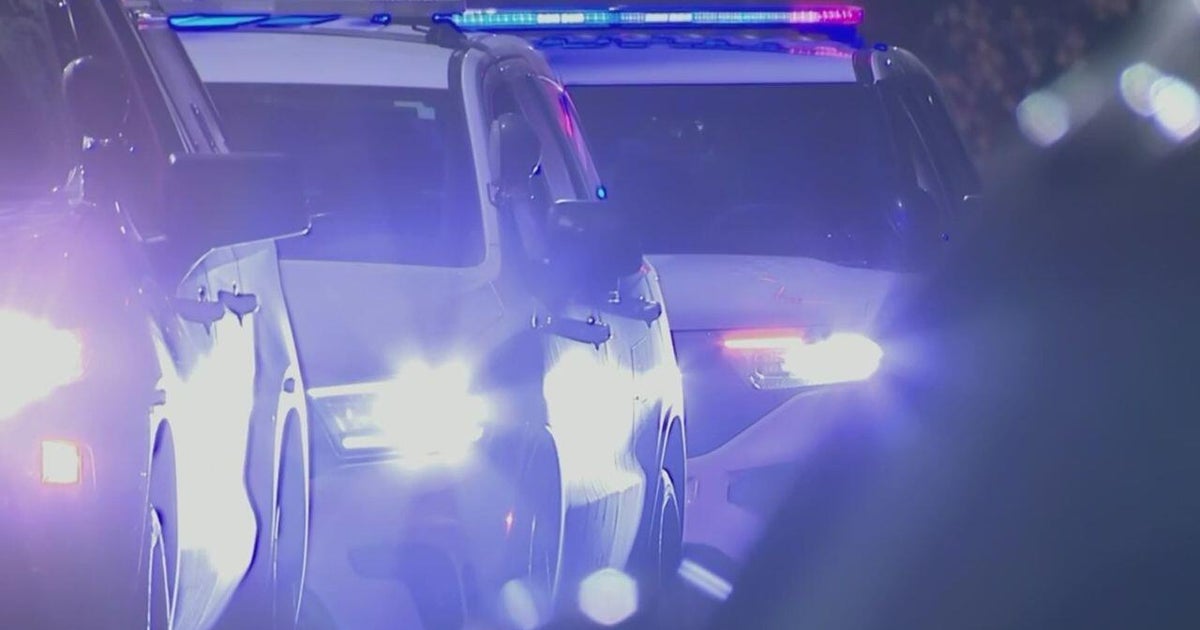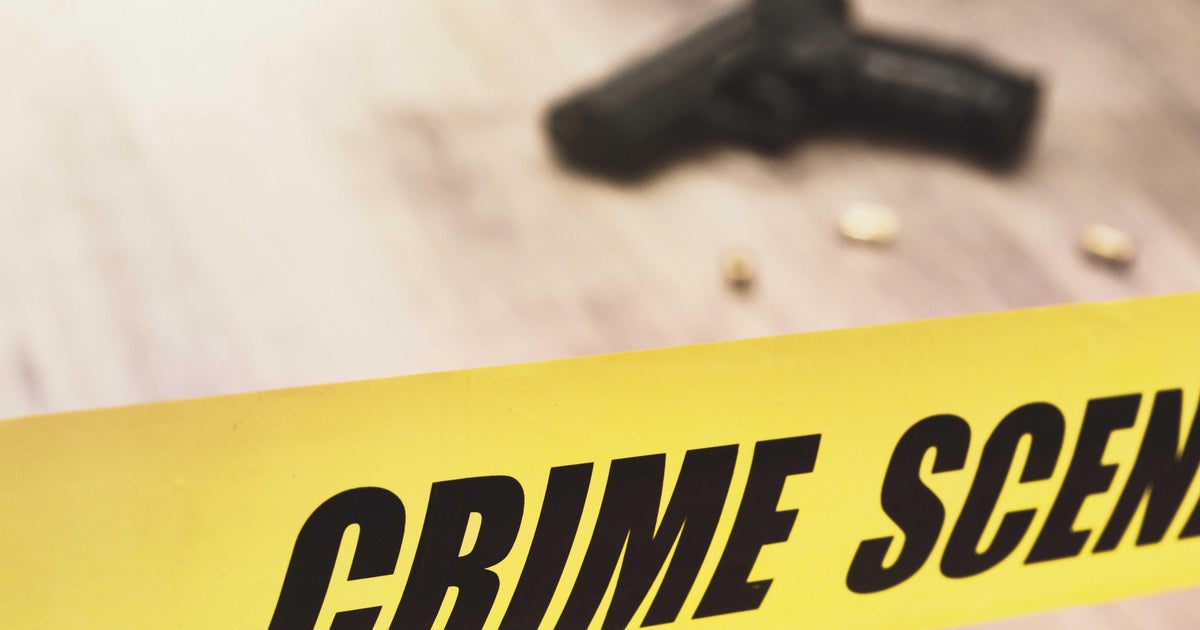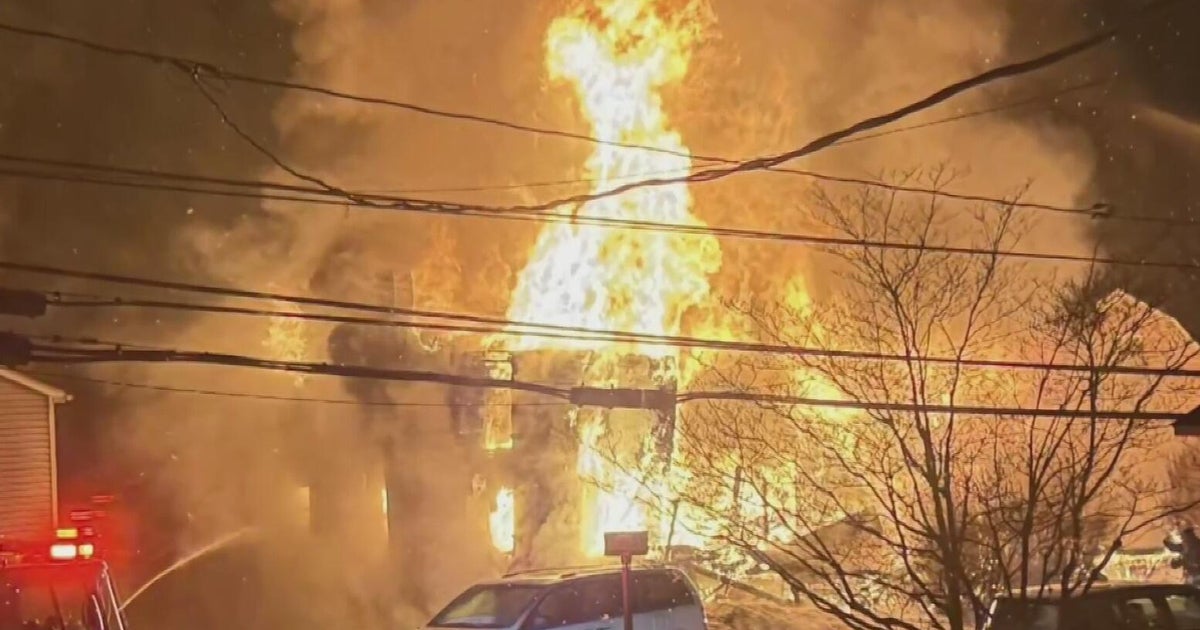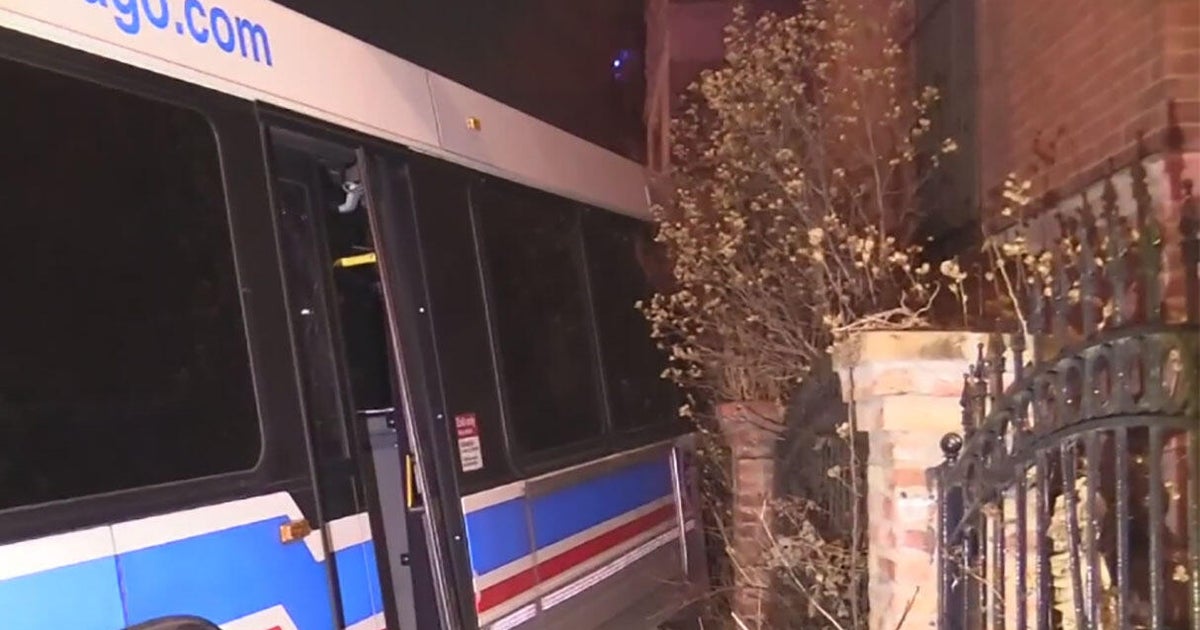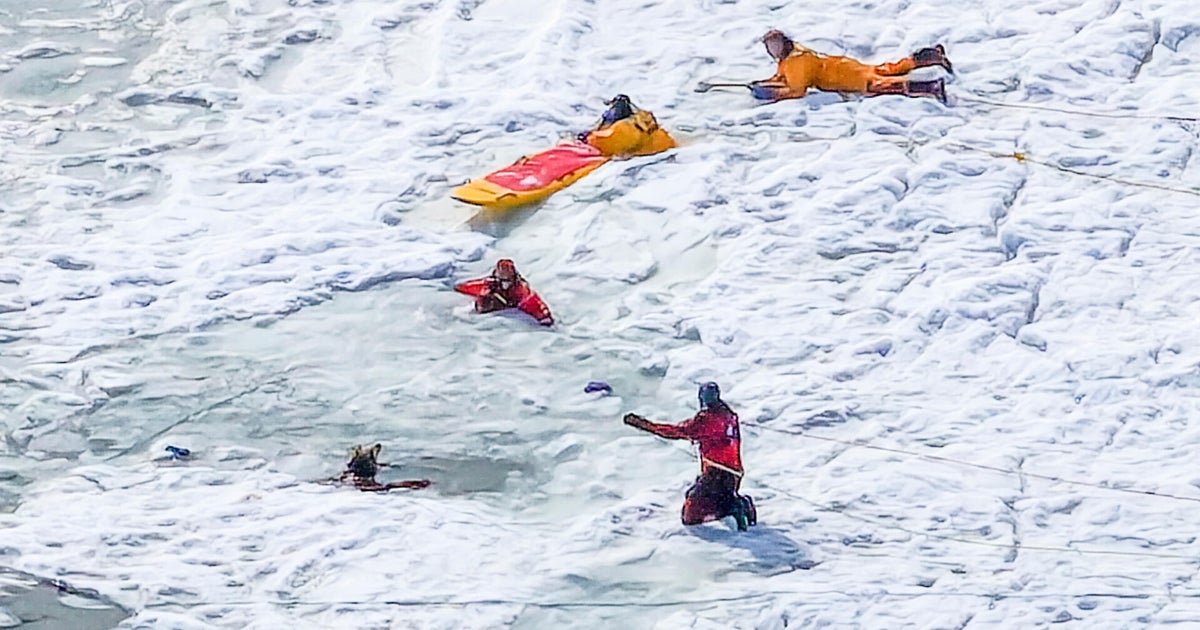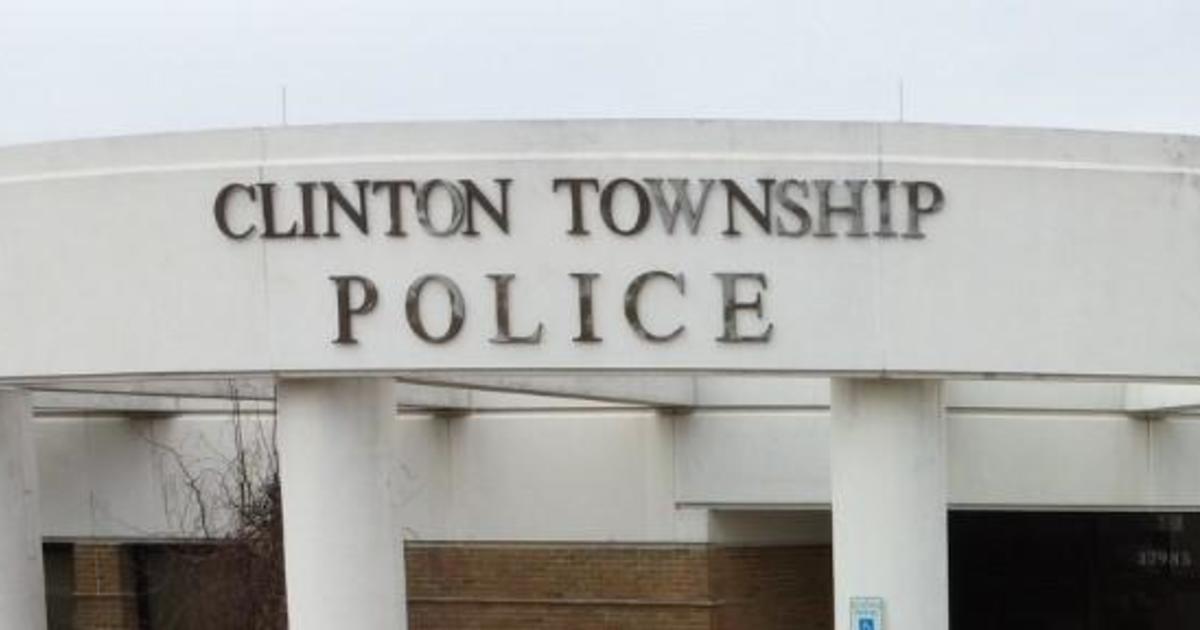'A Program Of Last Resort': The Lost and Forgotten Dead Of COVID
MIAMI (CBSMiami) -- It was a Tuesday afternoon when 80-year-old Gabriel Hernandez called his nephew, Ulises, to tell him he wasn't feeling well and was being taken to Mercy Hospital.
"When I called him on Saturday morning, his phone just went to voicemail," Ulises recalled. "[His nurses] told me he had tested positive for the virus."
Within 72 hours, Gabriel was intubated. "From there he declined," Ulises said. "His kidneys failed. His lungs were literally ravaged by the virus. And within a week, there was really nothing else more that we could do. And we had an agreement that he was in. I wasn't going to let him suffer. So we had to take the hard decision of disconnecting from the respirator."
Gabriel Hernandez died on April 21, 2020. Cause of death: COVID-19.
Gabriel had no wife, no children. No plans for what to do when he died and no money to pay for it even if he had a plan.
Ulises, who lives in Orlando, didn't know what to do.
"My wife wasn't working at the time," said Ulises, who also has two young children. "I was the only one working. She had been laid off because of the pandemic. And I was the only one supporting the house and we really couldn't afford it at the time."
And that's when he called the Miami Dade Medical Examiner's Office, where his uncle's body was taken.
Not every COVID case comes through the ME's Office. Most individuals are transferred from the place they die directly to local funeral parlors where families make the necessary arrangements.
But there are hundreds of individuals with no place to go, no families to grieve for them, no money to bury them. They are the lost and forgotten dead of COVID, and the responsibility for them falls to Darren Caprara and a small team of investigators in the Indigent Cremation Services program.
"We refer to our program as a program of last resort," said Caprara, the operations manager for the ME's Office. "Our preference for every single case that comes to us would be to find either a family member or a friend or someone to care for this individual so that that individual can have some sort of arrangement or tribute with people that knew them in life. It's highly important for us to do everything we possibly can to try to find friends or family."
The ICS program is run by Sandra Witty.
"We use social media a lot. We do a lot of social media, we look especially on Facebook, we always try to find some sort of connection between the person that we have there," Witty said. "We have other means also where we look at old phone numbers, old addresses, any old records that we find in hospitals or nursing homes. And we usually try to link that information to the decedent that we have in our office."
Assisting her is Tanya and together the two women document their efforts to track down even the most distant of relations.
Sometimes they stumble into long simmering family dramas.
For example, the wife of a 54-year old male claimed to have been separated from the decedent and refused to make arrangements.
"We hear a lot of different stories from a lot of different families," said Witty. "That's just life."
Those stories can also serve as a reminder of the loneliness felt by so many at the end.
"Sometimes you know, we'll keep a body there for longer than we're supposed to just because we sent out a letter because we have a gut feeling somebody is going to call or somebody is going to answer or something's going to come up," said Witty.
And yet even when a family member is found, circumstances may make it financially impossible to do anything.
In another example, the daughter of a 75-year old man stated her mother was ill and the daughter was too consumed with caring for her mother and she could not afford arrangements.
"There are plenty of cases that, you know, kind of bring a tear to our eye," said Witty.
And so it was Witty who answered the call from Ulises Gonzalez.
"Basically, she told me they will take care of everything, not to worry about it," said Ulises.
And that brings us to a cemetery in the heart of the county.
Under a canopy of mahogany trees, are gravestones that bear no names, only numbers. Purchased in 1935, for the sum of just $10, this parcel of land became Miami's potter's field, a resting place for those who died alone and penniless. Over the span of nearly 100 years, some 20,000 remains were laid to rest on this 10-acre plot along SW 87th Avenue, just south of Miller Road. The finite nature of both life and land forced the county to stop burying the bodies back in the Nineties, opting instead to cremate them.
In a typical year, the county cremates 600 to 700 bodies through their indigent cremation services program, often those individuals are homeless or drug addicts, who have no real ties to Miami. COVID has changed that dynamic and so the numbers continue to grow.
Every few weeks, Sandra and Tanya deliver the cremated remains to the cemetery, where they are scattered along a circle of small white stones, in the corner of the graveyard.
There is no ceremony, no moment of silence. Nevertheless, they are still mindful of what they're doing.
"It's impossible to do this job without coming to the realization that you, as a stranger, are essentially the last person interacting with this individual. So in that regard, it can be sad and somber, but also I like to point out that we put so much care into what we do.
There is a sense that these people get to spend their last moments with a department and a group of people that truly care," said Caprara.
"The fact that we're not shocked by it doesn't mean that you know that it doesn't affect us and that we're not sensitive to it. We really are," said Witty.
On this particular day last Fall, amid rolling clouds and a slight breeze, Gabriel Hernandez' journey came to an end.
"It's been hard," said his nephew. "I still listen to his voicemail every once in a while. The last voicemail that he left me was a few days before he went into hospital. I still have it."
Ulises wishes he could have done more but the pandemic has been hard on his family after his Uncle passed away, his father-in-law also died from COVID. The fact he couldn't do more for his Uncle weighs on him.
"I wish I could have done different. I wish I will have a place that I could go visit him every day."
He can visit the cemetery in Miami. Dr. Bruce Hyma, the former Medical Examiner who created the rock garden and for whom the cemetery is named, made sure of it.
"It is a good relief knowing that at least he has a place to rest though it wouldn't be what I actually wanted but he will be better than anything else that I thought might happen," said Ulises.
Ulises said he is hoping to get some time off from work soon, so he can drive down and visit the cemetery.



